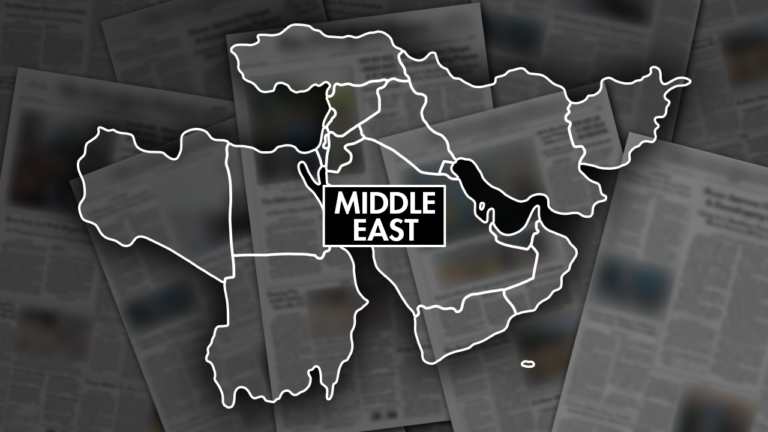UN Security Council Ends Probe into Islamic State Activities in Iraq
The UN Security Council has made a unanimous decision to conclude a year-long investigation into the activities of Islamic State extremists in Iraq. This important move came at the request of the Iraqi government.
The resolution, sponsored by the United Kingdom, highlights that Baghdad has also asked the UN investigators to share the evidence they’ve gathered so far. This will enable Iraqi authorities to hold Islamic State members accountable, as well as those who supported and financed this terrorist organization.
In September 2017, the Security Council established this investigative team at Iraq’s request. Their primary task was to collect evidence against Islamic State members for use in legal proceedings.
Christian Ritscher, the head of the team, reported to the council in June that investigators were compiling evidence related to the use of chemical weapons by Islamic State extremists. Additionally, they were making progress in documenting the militant group’s gender-based violence and crimes against various religious and ethnic groups, including Sunni and Shiite Muslims, Christians, and Yazidis.
Back in 2014, the Islamic State group seized a significant portion of Iraq, declaring a self-styled caliphate. However, following a three-year battle, they were declared defeated in Iraq in 2017. Nevertheless, IS sleeper cells have continued to carry out attacks in both Iraq and Syria.
UN Security Council Addresses Humanitarian Aid Delivery to Syria
Barbara Woodward, the UK’s Ambassador to the United Nations, informed the council that the UN team had played a crucial role in activities such as the excavation of mass graves, the return of remains to victims’ families, and cooperation with Iraqi judges and prosecutors in collecting evidence.
Woodward noted, “The team has provided survivors, including victims of sexual and gender-based violence, with a safe platform to give testimony while fully respecting their rights. Moreover, it has facilitated psychosocial treatment in partnership with Iraq’s Ministry of Health, delivering real benefits to survivors.”
The resolution instructs Secretary-General Antonio Guterres to submit a report by January 15, outlining recommendations for implementing Iraq’s request for access to the evidence collected by the UN team. The Security Council also calls for collaboration between the team and the Iraqi government to determine how this evidence can be shared with other countries. Baghdad will also be kept informed about any evidence already provided to third countries.
Ambassador Woodward assured that Britain would continue to collaborate with the Iraqi government to uphold the UN team’s legacy, both within Iraq and on a global scale.
In a joint statement, Nobel Peace Prize laureate Nadia Murad and renowned human rights lawyer Amal Clooney expressed their support for the team’s mission. They emphasized their concern that the team’s mandate might not be renewed. According to them, the evidence and testimonies collected by the team shed light on the extent of IS brutality, not only against the Yazidis but also against other minority groups. Murad and Clooney appealed for an extension of the team’s mandate to preserve evidence for future legal proceedings and to enhance Iraq’s capacity in international crimes investigations and prosecutions.

